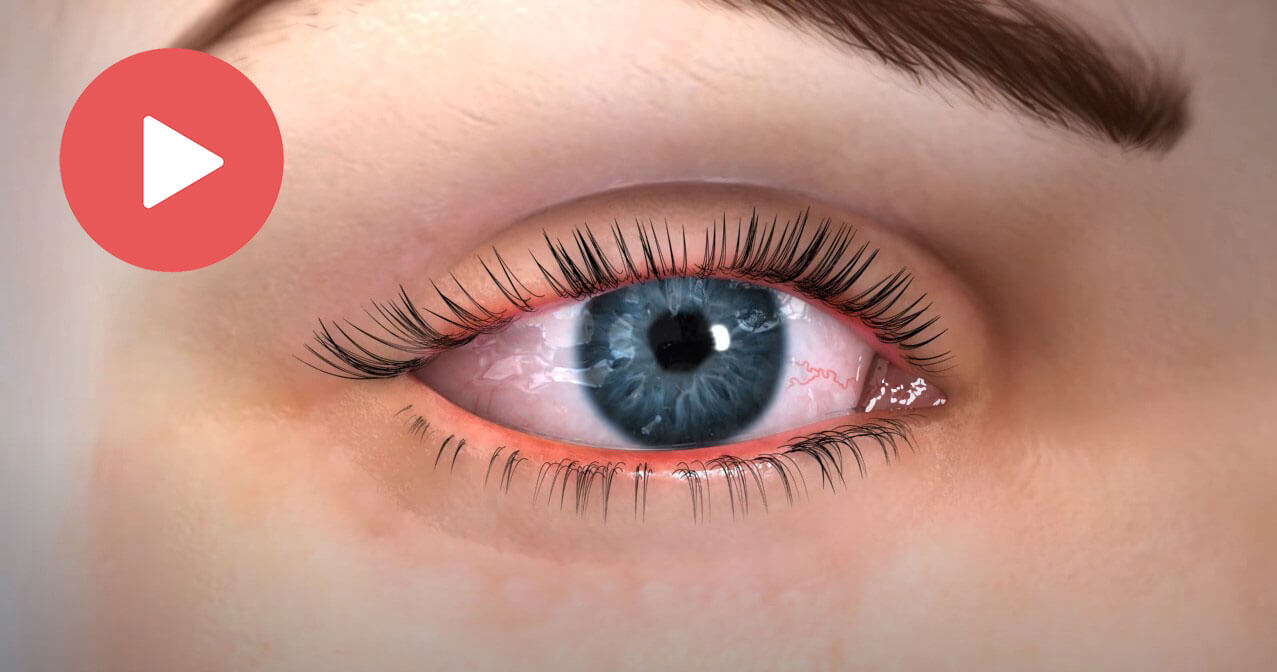All Categories
Featured
We usually hear about protecting our skin from damaging ultraviolet (UV) rays, but did you recognize that UV exposure can likewise dramatically affect your eye health? Recognizing the results of UV rays on your eyes and exactly how to safeguard them is crucial for preserving lasting eye health.
Kinds Of UV Rays. UV rays are categorized right into three types:
UVA Rays: These rays permeate deep right into the skin and can additionally affect the inner layers of the eyes. UVB Rays: These rays largely trigger damage to the skin's surface area yet can also hurt the cornea and lens of the eye. UVC Rays: While these are one of the most damaging, they are greatly soaked up by the Planet's atmosphere and don't get to the surface area. Both UVA and UVB rays are harmful to your eyes, and with time, direct exposure can result in severe eye conditions.
Short-Term Results of UV Exposure. Even quick direct exposure to extreme UV rays can cause immediate eye damages. An usual short-term condition is photokeratitis, commonly referred to as "sunburn of the eye." Signs of photokeratitis consist of:
Redness and inflammation. Level of sensitivity to light. Tearing or watery eyes. A gritty sensation, as if something is stuck in your eye. While the signs of photokeratitis are short-term and generally deal with within a day or 2, repeated incidents can have cumulative results on your vision.
Long-Term Effects of UV Exposure. Persistent UV exposure can add to a number of major eye problems, consisting of:
Cataracts: With time, UV rays can cause clouding of the eye's lens, resulting in cataracts, one of the leading reasons of blindness worldwide.
Macular Degeneration: Long term UV exposure can harm the retina, particularly the macula, causing age-related macular degeneration (AMD), which affects main vision.
Pterygium: Likewise called "surfer's eye," this condition includes the development of a fleshy cells on the white component of the eye, which can cross the cornea and impact vision.
Skin Cancer Around the Eyes: The delicate skin around the eyes is at risk to UV radiation, enhancing the danger of skin cancer cells, such as basic cell carcinoma.
Pinguecula: UV direct exposure can likewise lead to yellowish down payments on the conjunctiva, which can cause inflammation and pain.
Exactly How to Safeguard Your Eyes from UV Rays. Use Sunglasses with UV Security: Always pick sunglasses identified as blocking 100% of UVA and UVB rays. Wrap-around styles give additional defense by blocking UV rays from the sides.

Utilize a Wide-Brimmed Hat: Hats with a vast brim can minimize UV direct exposure by as much as 50%, supplying added insurance coverage for your eyes and face.
Avoid Height Sunlight Hours: UV rays are toughest in between 10 a.m. and 4 p.m. Limiting your outside tasks during these hours can assist lessen exposure.
Do Not Forget Regarding Children: Children's eyes are much more delicate to UV rays, so guarantee they wear sunglasses and hats when outdoors.
Wear UV-Blocking Call Lenses: If you wear calls, ask your eye care company about UV-blocking lenses for added protection.
Stay Protected Year-Round: UV damages isn't restricted to summer; rays can reflect off surfaces like water, sand, and snow, making eye protection required all year.
Conclusion. Securing your eyes from UV rays is critical to preserving your vision and general eye health. By taking easy safety measures like using UV-protective sunglasses, restricting direct exposure during top hours, and regularly going to an eye treatment specialist, you can guard your eyes from the dangerous impacts of UV radiation.
Latest Posts
Why Regular Vehicle Maintenance at Montclare Auto Repair Keeps Your Wallet Happy
Professional Residential Roof Covering Solutions You Can Depend On
Picking the Right Roof Covering Color: Influence On Energy Effectiveness
More
Latest Posts
Why Regular Vehicle Maintenance at Montclare Auto Repair Keeps Your Wallet Happy
Professional Residential Roof Covering Solutions You Can Depend On
Picking the Right Roof Covering Color: Influence On Energy Effectiveness